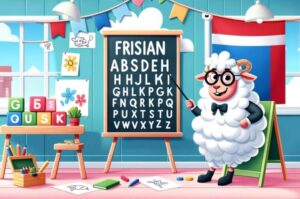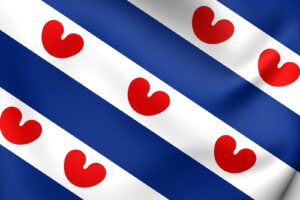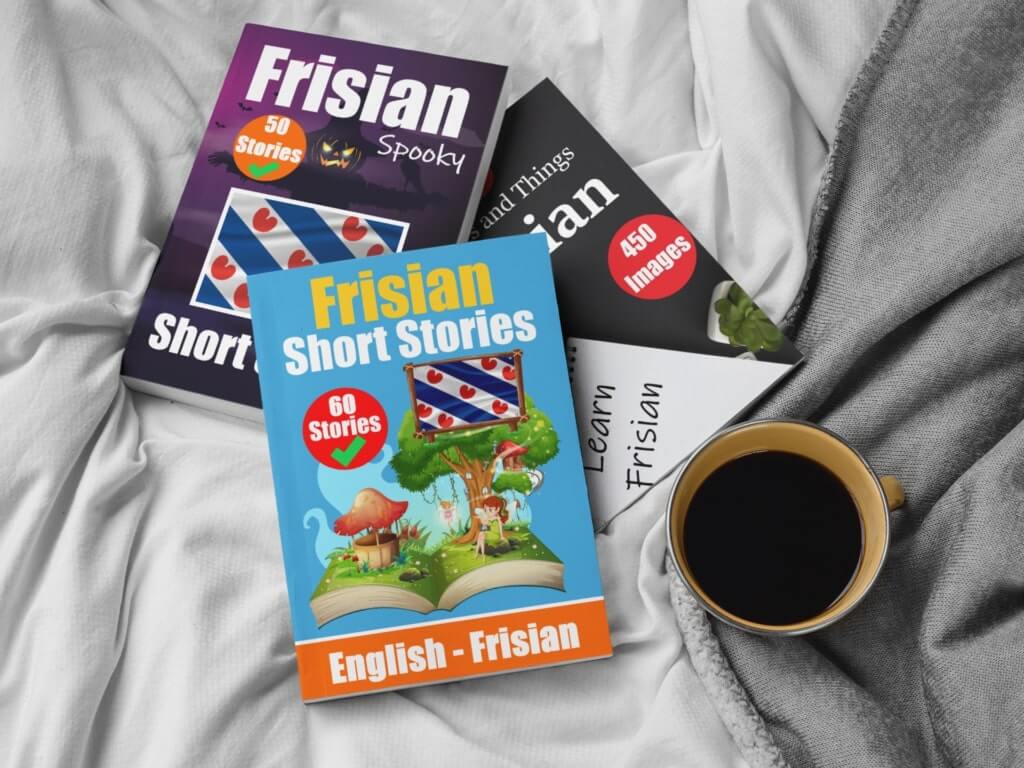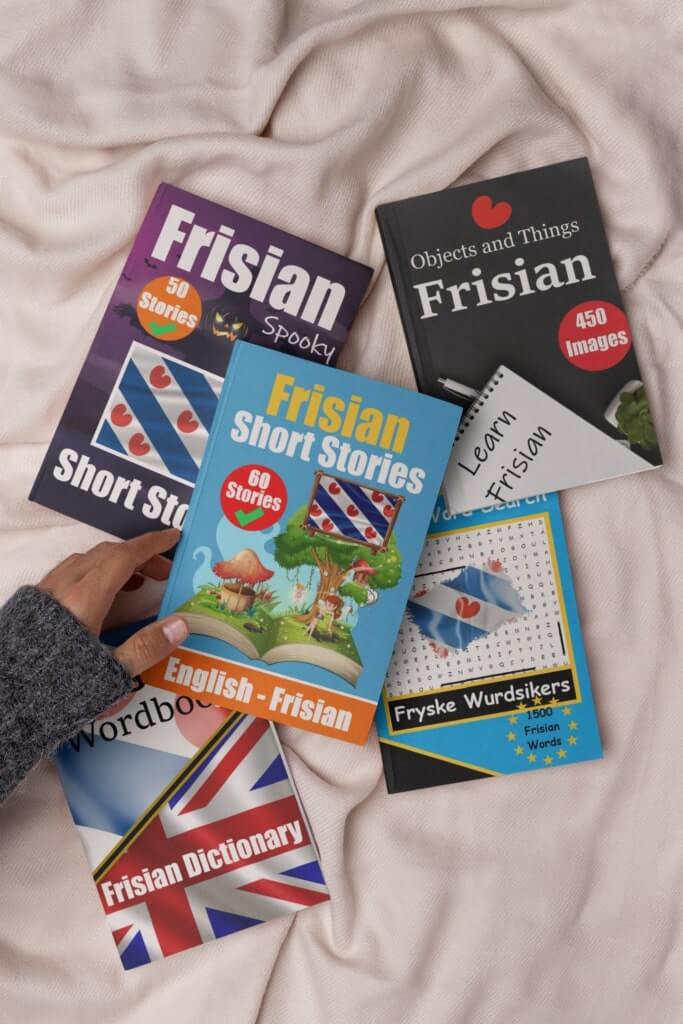LearnFrisian
Frisian is a language from Friesland in the Netherlands. LearnFrisian.com offers a free Frisian learning program, which includes audio for listening practice, exercise points, and competitive features for motivation. It’s a great resource for those exploring Frisian language and culture.

✅ 7000+ Questions
✅ 800+ Lessons
✅ 1500+ Audio
Why you should learn Frisian
Closest language to English
Makes it the easiest language to learn as an English speaker.
The Coolest Words
Frisian’s vowel system has some unique features that make it distinct from other Germanic languages.
Oldest living Germanic language
Frisian is the oldest living Germanic language.
Spoken by Vikings
The Frisians have just like the Scandinavians a ‘viking’ history.
Join a community of only 500,000 speakers
The Frisian language has around 500,000 speakers.
Explore a whole new world
Explore the Frisian history, myths, folktales, culture and much more.
Start learning Frisian today.
What can you learn?
Interested in Frisian articles?
The Frisian – German Connection
The Frisians and Germans have a long and complex history together. The Frisians are a minority group in the modern-day German state of Lower Saxony, and historically, the Frisian territories have overlapped with those of the Germans. The relationship between the two groups has been shaped by a variety of factors, including politics, culture, and…
Discovering Frisian: A Fascinating Sister Language of English
Languages have the power to connect people, bridge cultures, and uncover the depths of human history. One such captivating language is Frisian, a lesser-known gem that shares a unique bond with English. In this article, we will delve into the wonders of Frisian, exploring its linguistic characteristics, cultural significance, and the reasons why learning this…
Frisian Characteristics
Frisia, a region located on the northern coast of Europe, is home to a people with a rich cultural history and a set of unique characteristics that set them apart from other Germanic tribes. Here are some of the most notable Frisian characteristics: Strong regional identity: Frisians are proud of their cultural heritage and have…
Frisian and Scandinavian Languages: Uncovering a Shared Linguistic Heritage
Frisian, a West Germanic language spoken primarily in the northern regions of the Netherlands and Germany, possesses a remarkable linguistic relationship with the Scandinavian languages. In this article, we will delve into the historical origins, linguistic similarities, and cultural connections between Frisian and the Scandinavian language family. By examining their shared heritage and intricate linguistic tapestry,…
Frisian Gods
The Frisians were an ancient people who lived in what is now northern Germany and the Netherlands. They had their own gods and goddesses, which they believed controlled the natural world around them. One of the most important Frisian gods was Wodan, also known as Odin in Norse mythology. He was the god of wisdom,…
Frisian in Places in Denmark
Frisia, a region that extends across parts of the Netherlands, Germany, and Denmark, has a rich cultural history that dates back centuries. In Denmark, there are several towns and villages that have a strong connection to the Frisian culture and language. One of the most well-known Frisian places in Denmark is Tønder. Located in the…








